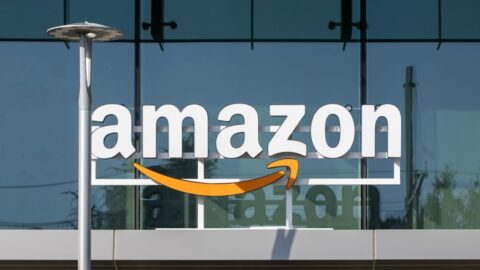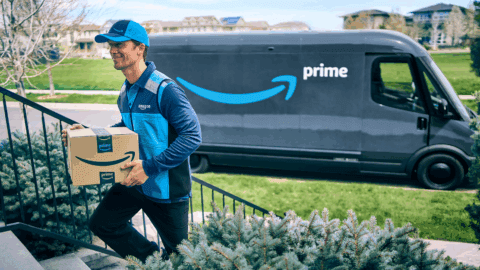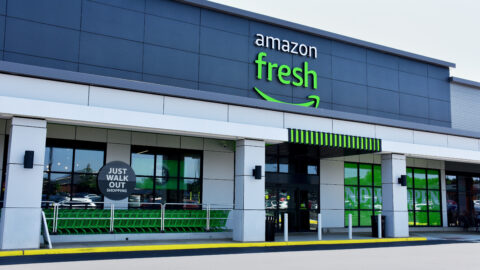Amazon stock hit $2,000 per share for the first time after the market opened on Aug. 29, according to CNBC. The price of the e-Commerce giant’s shares has more than doubled over the past year, rising 70.9% in 2018 alone, as the company continues introducing new services and expanding its existing features.
“We have increasing confidence that Amazon’s rapidly growing, increasingly large, high margin revenue streams (advertising, AWS, subscriptions) will drive higher profitability and continued upward estimate revisions,” Brian Nowak, Managing Director at Morgan Stanley said in a note to clients.
Amazon’s latest subscription service is Prime Book Box, which offers curated children’s books at one-, two- or three-month intervals. The program was launched on an invitation-only basis in May, and was recently expanded to all Prime Customers.
The subscription, aimed at parents with children up to 12 years old, allows shoppers to preview and customize the books from a list of selected options, or lets the contents of each delivery remain a surprise. Amazon editors choose from a collection of classics, new releases and lesser-known books to design the boxes.
Amazon also is growing its grocery delivery options, adding Columbus and Dayton, Ohio; Portland, Ore.: and the greater Washington D.C. area to its Whole Foods delivery network, along with additional neighborhoods in New York City. Whole Foods has launched delivery through Prime Now in 38 metro areas since starting the program in February 2018.
Amazon is a leader in grocery delivery: 65% of respondents reported using the Amazon grocery app, compared to the 60% who use apps from their local grocery store, in a survey by Toluna.
Whole Foods also is starting to test curbside pickup, with Sacramento, Calif. and Virginia Beach, Va. serving as the pilot markets. Customers using the service can select free pickup in as little as an hour, or pay $4.99 for pickup in 30 minutes or less.
Amazon’s retail food plans aren’t limited to the U.S.. The retail titan will begin selling food and drinks online in Mexico, according to Reuters. The move is expected to increase competition with Wal Mart de Mexico, similar to the way its U.S. grocery operations have gone up against Walmart.
The items being added to the site include snacks, coffee and tea, liquor and cooking ingredients. E-Commerce still accounts for a fraction of all sales in Mexico, but the market is growing quickly, and getting in on food and drink sales could be a growth enabler for Amazon there.












